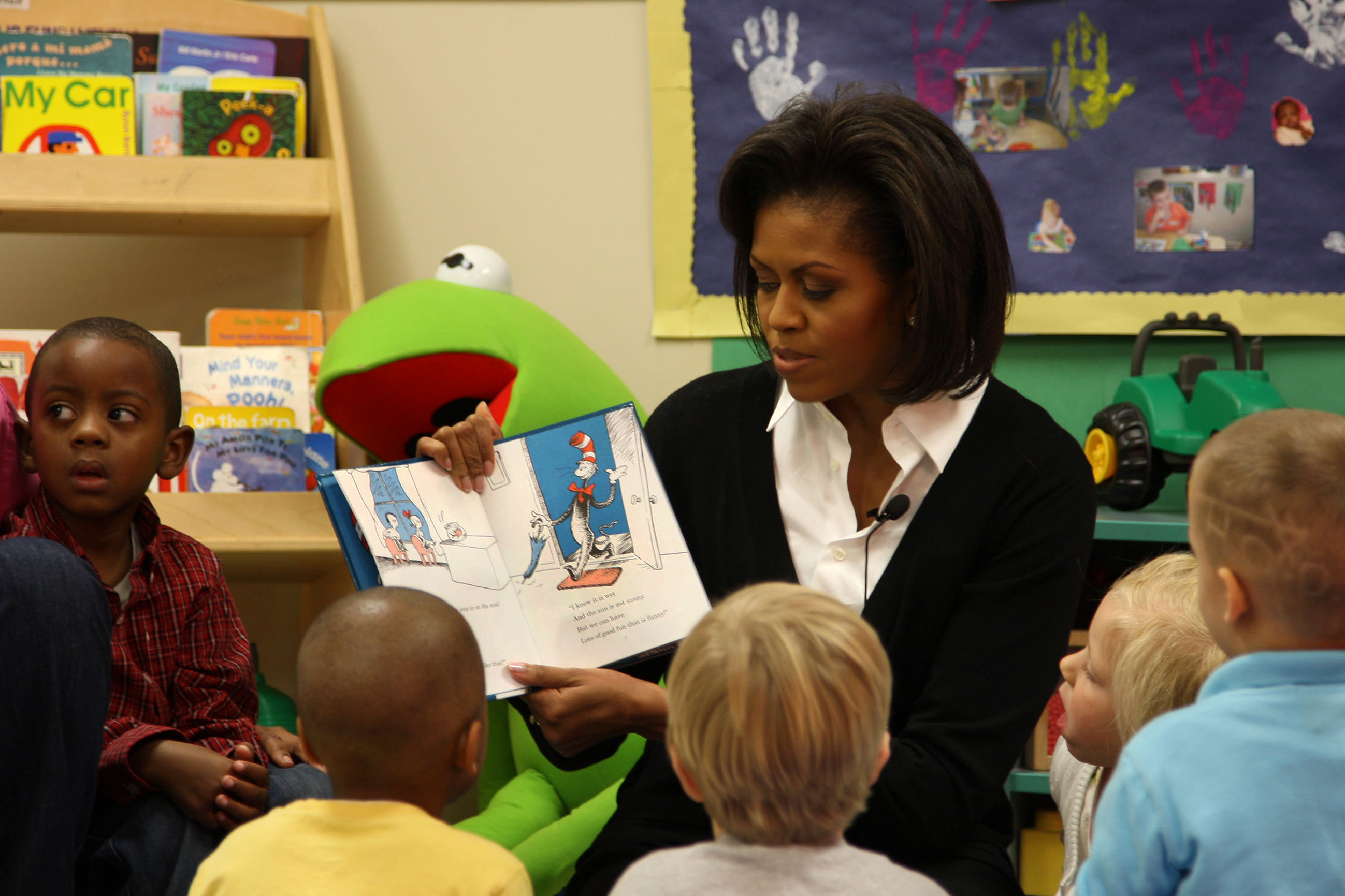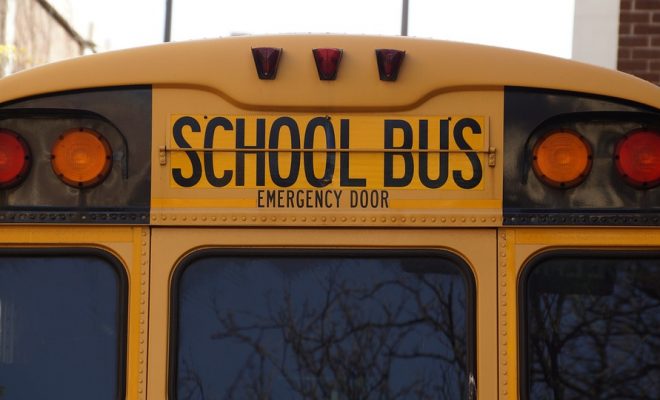The Edvocate’s Guide to K-12 Speech-Language Pathology

Speech-language pathology is the pathology of speech and language. It falls under the communication sciences discipline, including the closely aligned but separate study of audiology.
Speech-language pathology is centered on a variety of human communication and swallowing disorders affecting people of all ages.
According to The American Speech-Language-Hearing Association, the following disorders fall under the speech-language pathology umbrella:
- Speech Disorders: Occurs when people have difficulty producing speech sounds correctly or fluently (e.g., stuttering)
- Language Disorders: Occurs when people have difficulty understanding others, sharing thoughts, feelings, and ideas, and utilizing language in functional and socially appropriate ways; language disorders may also be in the written form
- Social Communication Disorders: Occurs when people have trouble with the social aspect of verbal and nonverbal communication. People with autism spectrum disorders have social communication issues, as do many people with traumatic brain injuries. Those with social communication disorders have difficulty:
o Communicating with others socially
o Modifying their way of communicating depending on the listener
o Adhering to socially acceptable rules of conversation and storytelling
- Cognitive-Communication Disorders: Occurs when people have difficulties paying attention, planning, problem-solving, or organizing their thoughts. These disorders often happen as a result of a traumatic brain injury, stroke, or dementia.
- Swallowing Disorders: Occurs when people have difficulty eating and swallowing. Swallowing disorders are a result of an illness, injury, or stroke.
Speech-language pathology is comprised of people who want to learn how to communicate more efficiently, such as those who want to use accent modification or upgrade their communication skills.
Speech-Language Pathology: The Synthesis of Two Fields
Language differs from speech. That’s why speech-language pathology is the study of two fields.
Speech is the verbal means of communication. It consists of:
- Articulation: How speech sounds are made
- Voice: The utilize of breathing and vocal cords to produce sounds
- Fluency: The rhythm of speech
Speech problems often happen because a person has difficulty producing sounds due to the lips, tongue, and mouth’s incorrect movement.
Speech issues include:
- Childhood speech apraxia: Neurological childhood speech disorder resulting from neuromuscular issues, like abnormal reflexes
- Adult speech apraxia: Speech disorder brought on by neuromuscular issues, such as abnormal reflexes or abnormal tone
- Dysarthria: Impaired movement of the muscles utilized for speech production; the vocal cords, tongue, lips, and diaphragm
- Stuttering: Involuntary sound repetition
- Speech sound disorders: Articulation and phonological processes issues
- Orofacial disorders: Tongue moves forward exaggeratedly during speech or swallowing
- Voice disorders: Vocal cord nodules and polyps, vocal cord paralysis, spasmodic dysphonia, and paradoxical vocal fold
Language consists of socially disseminated rules that include putting words, making new words, what words mean, and what word combinations are best in what situations. Language disorders include:
- Issues understanding others: receptive language disorder
- Issues sharing thoughts, ideas, and feelings: expressive language disorder
Although speech and language disorders can happen by themselves, they often exist, which is why speech-language pathology is a linked field.
Speech and language disorders might be the result of medical conditions, like:
- Amyotrophic Lateral Sclerosis
- Dementia
- Huntington’s Disease
- Multiple sclerosis
- Laryngeal and oral cancers
- Right hemisphere brain injury
- Stroke
- Traumatic brain injury
In kids, this may also include selective mutism and language-based learning disorders resulting from:
- Autism
- Attention-deficit/hyperactivity disorder
- Down’s syndrome and Fragile X
- Cerebral palsy
- Low birth weight or premature birth
- Hearing loss
- Intellectual disorders
- Fetal alcohol spectrum disorder
- Stroke/brain injury
- Tumors
- Cleft lip/palate
What is a Speech-Language Pathologist?
Speech-language pathologists assess, diagnose, and treat speech, language, and communication disorders. These trained clinicians work as part of a collaborative, interdisciplinary team of professionals, including physical therapists, occupational therapists, social workers, educators, physicians, audiologists, and psychologists.
Their job duties include:
- Creating and implementing treatment plans based on their professional assessment and recommendation from members of the interdisciplinary team
- Monitoring their patients’ progress and modifying their treatment plans accordingly
- Reporting patient care and writing reports regarding patient evaluation, treatment, and progress
- Initiating, conducting, and evaluating hearing, speech, and language tests and examinations
- Educating patients and families on treatment plans, communication strategies, and strategies for coping with speech/language barriers
- Designing, creating, and employing diagnostic and communication devices or strategies
- Creating and implementing speech and language programs
Although most of the speech-language pathologists are involved in direct patient care, these professionals also fulfill many other roles in areas such as:
- Advocacy
- Research
- Program coordination and administration
- Teaching at the post-secondary level
- Supervision
- Product development and evaluation
- Consultation
Speech-Language Pathologist Education and Certification
Speech-language pathologists are educated and trained clinicians, educators, researchers, and administrators. At a minimum, speech-language pathologists hold a master’s degree in Communication Sciences and Disorders.
Many master’s degrees in CSD are Master of Arts or Master of Science programs. Master of Education programs prepare speech-language pathology educators.
National certification and state licensure require completing a program accredited by the Council on Academic Accreditation in Audiology and Speech-Language Pathology.
In many states, additional state licensure requirements include finishing a supervised internship and passing a national exam.
Language-speech pathologists can obtain the Certificate of Clinical Competence in Speech-Language Pathology via the American Speech-Language-Hearing Association. Requirements are comparable to state licensing requirements, so state-licensed language-speech pathologists generally qualify for the CCC-SLP designation.




